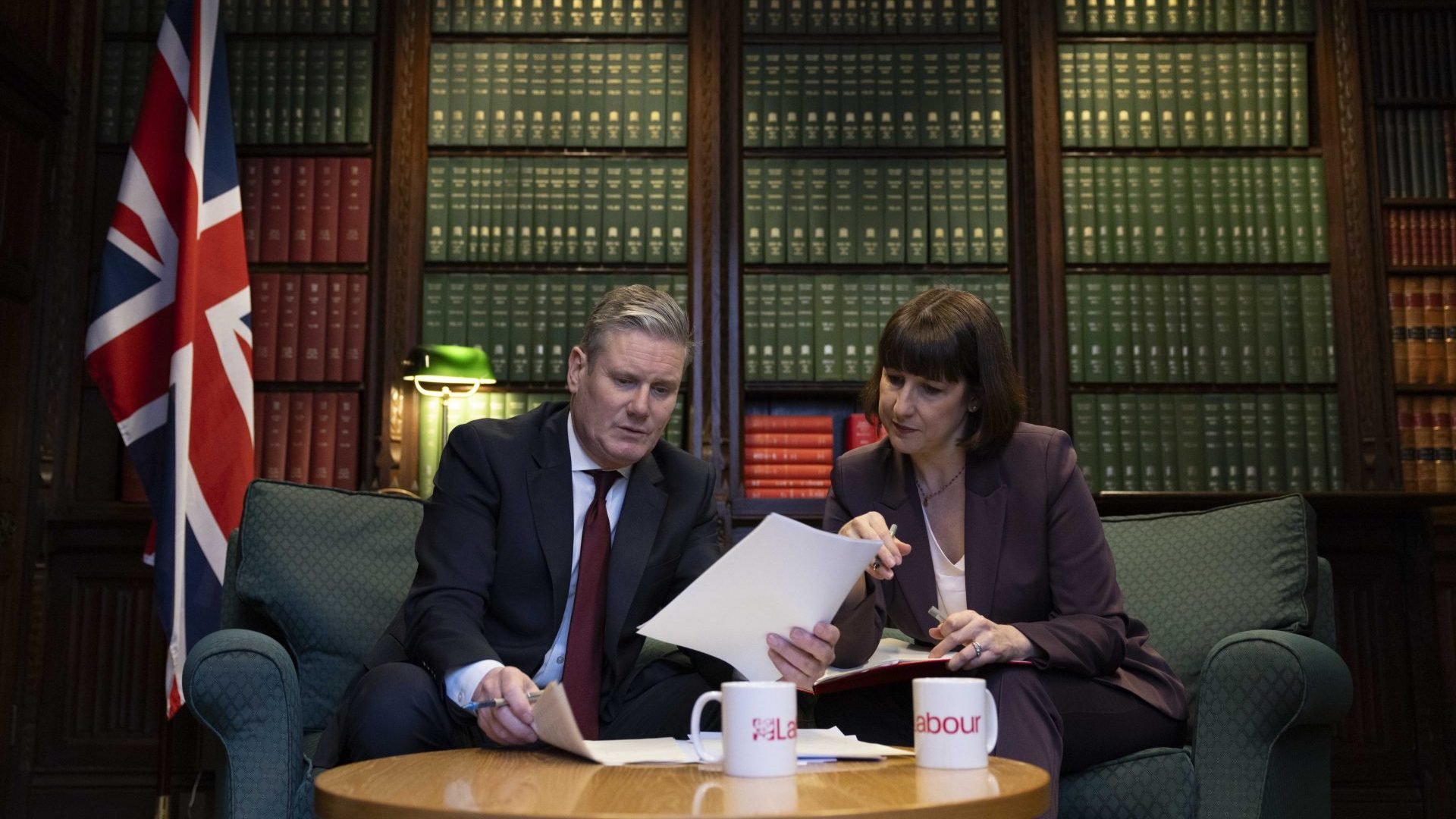The headline looked promising. “How Labour would roll back the frontiers of Brexit” was how the Financial Times sold a piece by its chief political commentator Robert Shrimsley, published on March 13. The writer followed up with a social media message teasing that “Labour thinks it has found a backdoor route to start the slow unwinding of the Tory Brexit settlement”.
What followed was insightful, well-briefed and (not the reliably excellent Shrimsley’s fault) ultimately disappointing if you are a New European reader. “For pro-Europeans and business figures, this will be neither far nor fast enough,” was the key phrase leaping out from a story of softly-softly steps towards realignment.
To sum up: Starmer is no longer looking for a wide-ranging rewrite of the dreadful Johnson/Frost Trade and Co-Operation Agreement (“a bit of a red herring,” a Labour source told the FT) that would reduce red tape and costly friction. Instead, the party is talking up a new security and defence pact with the EU that would underpin support for Ukraine and create a joined-up approach to defence procurement – vital should Donald Trump win – but also open up other tangential areas of co-operation.
These could deliver marginal gains on clean energy, on crime data and on access to raw materials. The very act of working together would, Shrimsley says, begin “to breach the dams erected by the Tories”.
Yet, he concedes “not much will happen in the early days” and “these moves will not quickly deliver major economic change”. The best hope for those of us who believe that Britain cannot repair its growth and productivity flaws without rejoining either the single market or the EU itself is that “Starmer rethinks his red lines in a second term.”
That last sentence is where the worries should begin. Although a first Labour term now looks as nailed-on as a Willie Mullins runner at Cheltenham, a second is far from a foregone conclusion – especially if the effects of the financial crisis linger on and growth proves elusive.
The “major economic change” Shrimsley writes about is becoming an urgent necessity. Nothing in the plans Labour has announced so far looks like delivering it.
Of course, painfully slow steps taken in the right direction are still positive steps. And of course, Labour has to win power first, and sees reopening the Brexit question as a possible obstacle to that ultimate goal.
But two years into a Starmer government with storm clouds still overhead and no major economic change in sight, will they regret this caution? Will Britain?











